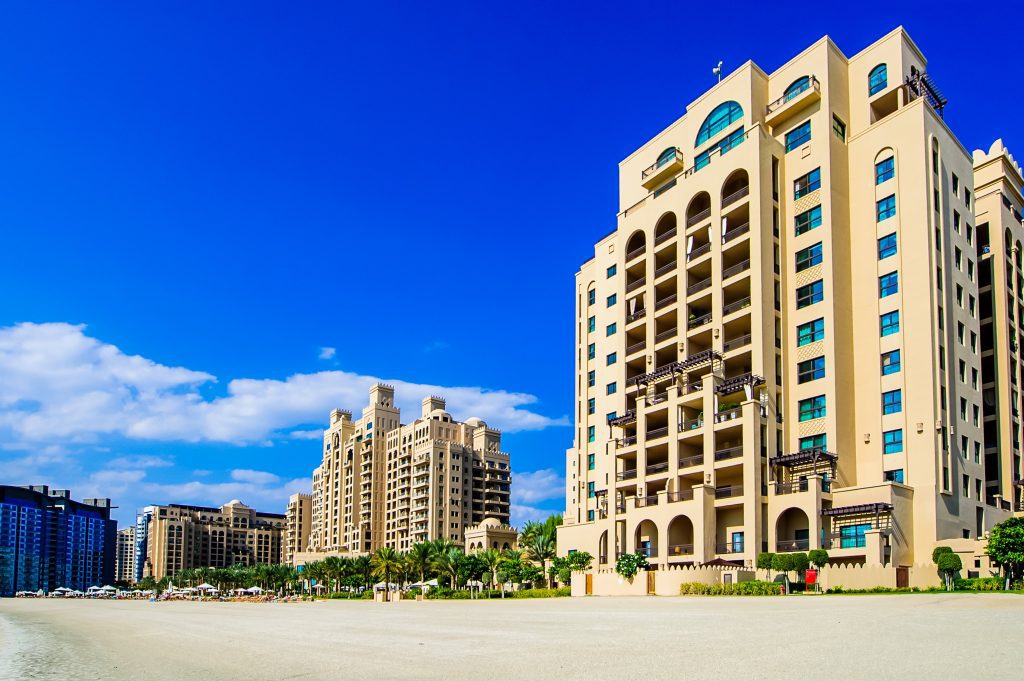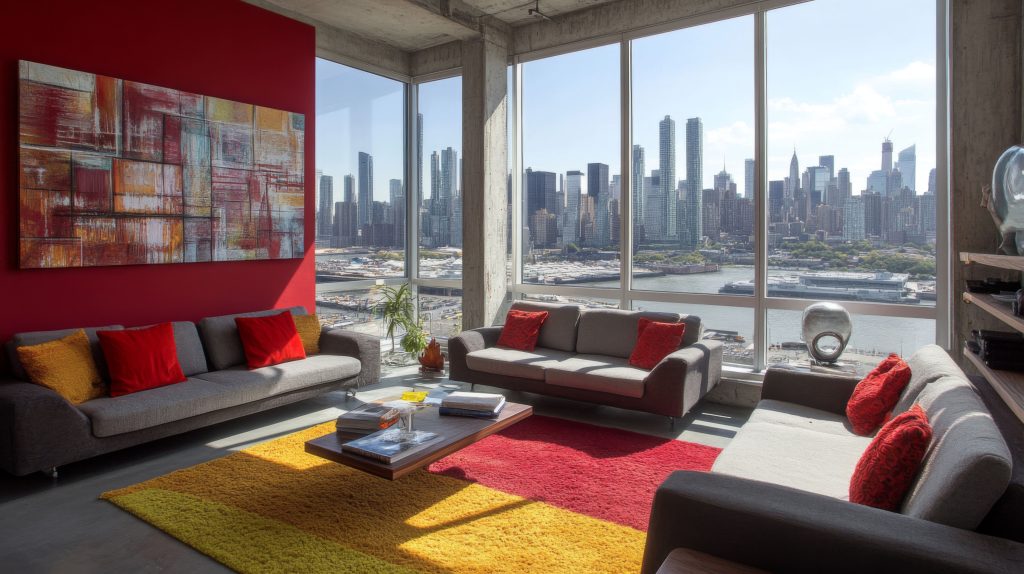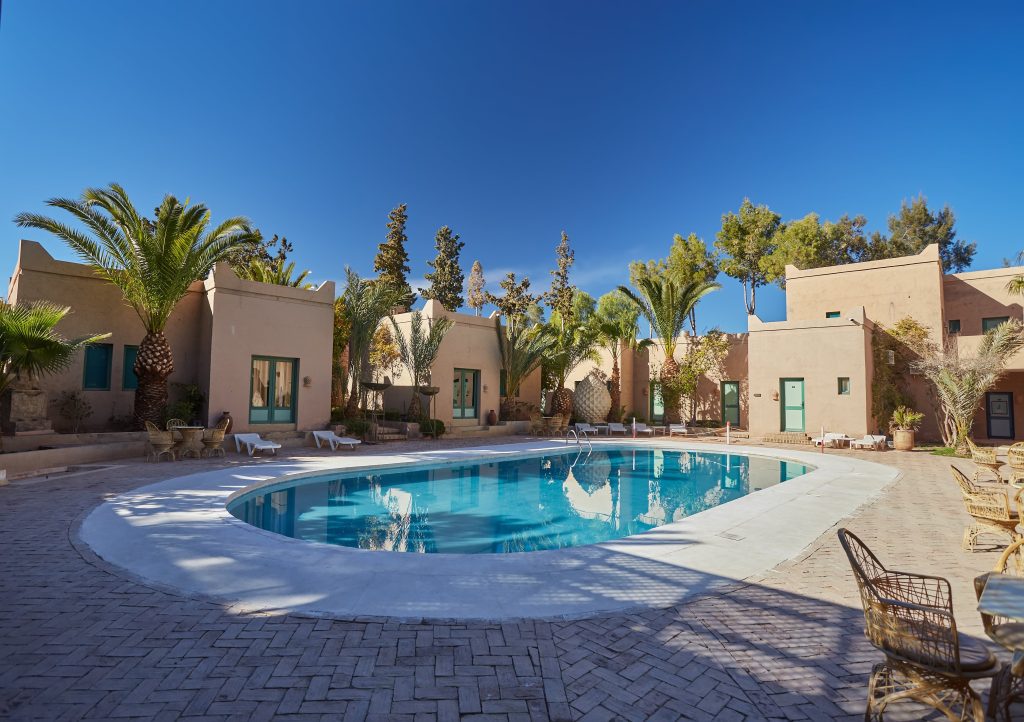As a new tenant in Dubai, signing your first tenancy contract or Ejari as it is called in the UAE is as exciting as your first pay. Isn’t it? However, it is always wiser to have a clear understanding of the tenancy laws before you go ahead and sign the document. As a tenant, you will do well to know what is expected of you and your rights as a tenant. Also, you will need to know the landlord’s duties and the essential regulations guiding the way he deals with you.
What is a Tenancy Contract?
A tenancy contract is an agreement about rent entered into by both the tenant and the landlord. This agreement stipulates all the essential information regarding the lease, like the rules and regulations. It is never advisable to move into an apartment without a tenancy contact or as we call it in UAE – Ejari
Any dispute or misunderstanding during the period of the contract can be resolved with the details of the contract, guides by Dubai’s rules.
Dubai Tenancy Law
In Dubai, the regulation of the relationships between a tenant and his landlord is done by the Real Estate Regulatory Agency (RERA) using No 26 of 2007 as well as Law no 33 of 2008 of Dubai Rental Law. RERA is the main regulatory body controlling rent law in Dubai.
Can One Get a Tenancy Contract Without a Valid Emirates Id?
No, an Emirates ID is a compulsion while signing a tenancy contract.
What are Landlord and Tenant Rights?
To ease landlord and tenant’s relationship, RERA has set some rules of engagement that would be summarized below:
Tenant’s Right
– Tenants need the landlord’s permission before undertaking any renovation of the property. According to Article 19, he is also required to get an official license if the need arises.
– When vacating the property, the tenant has the right to the refundable security deposit, paid during the initial payment for the house, deducted for any damages. If the landlord refuses to pay this deposit, the tenant can seek the help of RERA in the resolution of the issues, as stated in Article 20.
– Tenants are required to ensure the property retains its good and conducive condition just as it was during the contract signing. The landlord can overlook minor damages not caused by the tenant. In case of any dispute, the RERA dispute committee is given the power to resolve the issues. This has been stated in Article 21.
– The law allows the tenant to demand important changes to ensure the property is livable. The tenant is not obligated to make any repair work, except there is an agreement between the tenant and landlord.
– Tenants are required to leave the leasehold improvement whenever they want to vacate and return the property to the landlord as stipulated in Article 23.
Landlord’s Right
– Landlords are required to ensure their properties are in functional and conducive condition, just as the contract stipulated. Nonetheless, the tenants are allowed to accept an uncompleted property to finish it, making them liable for the complete cost, as stated in Article 15.
– Landlords are required to maintain and repair the building during the tenure of the tenant’s lodge, except there is a contrary agreement between both parties. This has been stated in Article 16.
– The Landlord has no right to make any intrusive change or renovation of the property, which eventually affects the full use of the tenant. Nonetheless, upon the tenant’s acceptance of any renovation attempt by the landlord, the renovation process may begin. This has been stated in Article 17.
Information Contained in A Contract?
Dubai’s tenancy contract is required to have the following information:
Basic Details: The landlord and tenant must include their name and contact details.
Property Information: In addition, the landlord must provide information like full address, name of the building, size, and DEWA premise number, as well as size.
Contract Information: It must contain information about your contract, such as the date as well as terms of the contract.
Payment Information: It must contain rent and security deposit amounts. Also, it must contain the method of payment.
Required Document for Dubai Tenancy Contract
Here are the required documents needed to enter the tenancy contract:
IDs: You need copies of your Passport, Residence Visa, and Emirates Identification Card.
Cheques: Also, you need to include the security deposit cheque as well as the agency fee cheque. Both are expected to be 5% of the annual rental amount.
How To Lodge a Rental Dispute?
A tenant has the right to contact the Rental Disputes Settlement Centre (RDSC) of their emirate. Filled with competent staff, RDSC will judge any tenancy-related issues. The committee deals with all tenancy cases, excluding financial disputes.
To approach them, here are some of the essential documents.
IDs: You will need to provide the passport and Emirates IDs of the tenants, landlord. You can as well present the commercial license of the company. Another thing needed is the Ejari certificate. In addition, you need to include the title deed as well as a copy of the landlord’s passport.
Agreement and Bill: You need to include the lease agreement and the recent Dewa bill.
Other Documents: Including other documents that will back your case.
Cost of Resolving Disputes
Find below the cost of resolving a dispute:
– You should prepare 3.5% of the annual cost of using the property. This payment must not be lesser than Dh500 and is limited to Dh20,000.
– Another thing you need is to include a translation cost. The general price is Dh70 per page, but you might get a different fee.
– Administrative Cost, which is placed at approximately Dh110.
Processing Time
Filing a dispute can take a lot of time. One big factor is how complex the case might be. In some cases, however, the issue might get resolved in the first session.










